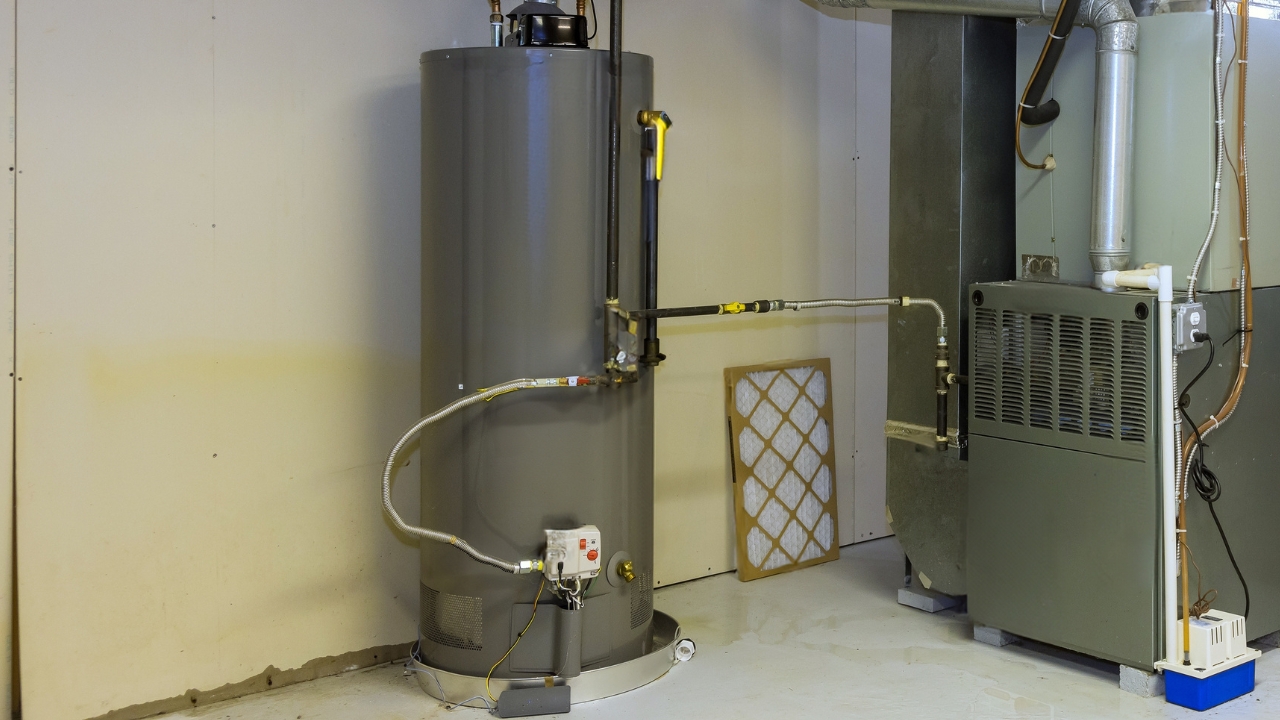7 things that ruin water heaters
Your water heater works quietly in the background until the day it fails—and usually, that failure isn’t cheap. Most breakdowns aren’t sudden accidents; they’re the result of years of neglect or misuse. Paying attention to these common causes can help you stretch the life of your tank and avoid early replacement.
Ignoring Sediment Buildup
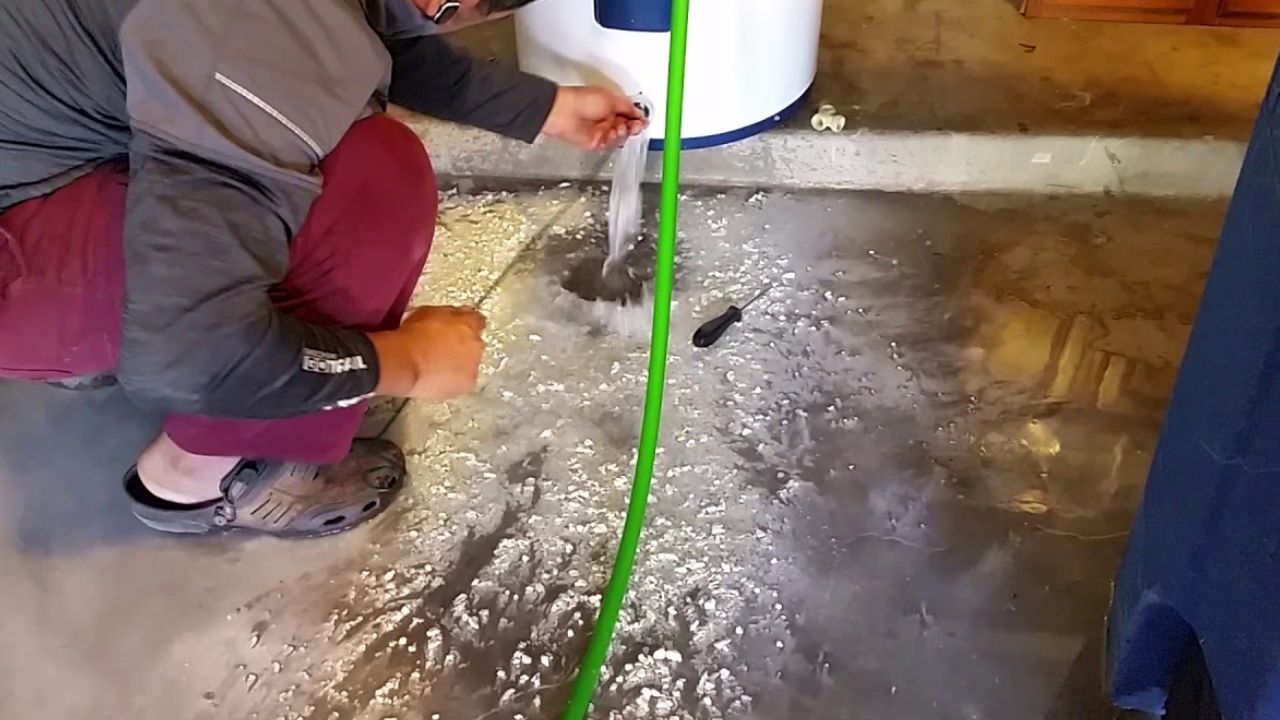
Minerals in water settle at the bottom of the tank over time. This buildup forces the heater to work harder, raising energy bills and stressing the unit.
Flushing the tank yearly clears sediment and keeps it running efficiently. Skipping it shortens the lifespan significantly.
Cranking the Temperature Too High

Keeping water above 140°F may feel like extra hot water security, but it strains the system and speeds up corrosion inside the tank.
Lowering the thermostat to around 120°F protects the heater, saves money on energy, and reduces scald risks.
Skipping Anode Rod Checks
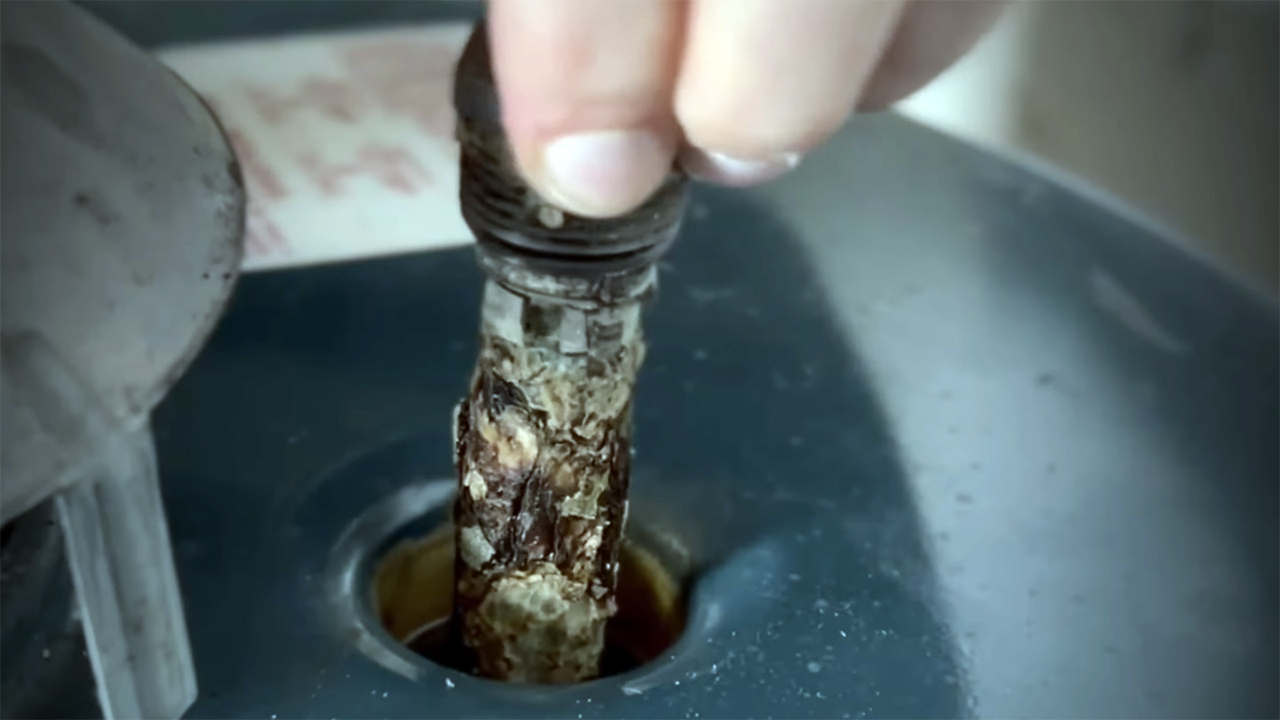
The anode rod protects the tank from rust by corroding in its place. Once it’s gone, the tank itself begins to rust through.
Inspecting and replacing the rod every few years keeps the tank from deteriorating too soon.
Ignoring Leaks or Drips

A small drip near the base or valve may not look serious, but it’s often a sign of internal damage. Ignoring it usually ends with a full tank replacement.
Addressing leaks early gives you a chance at repair instead of waiting for a full failure.
Neglecting Expansion Tanks
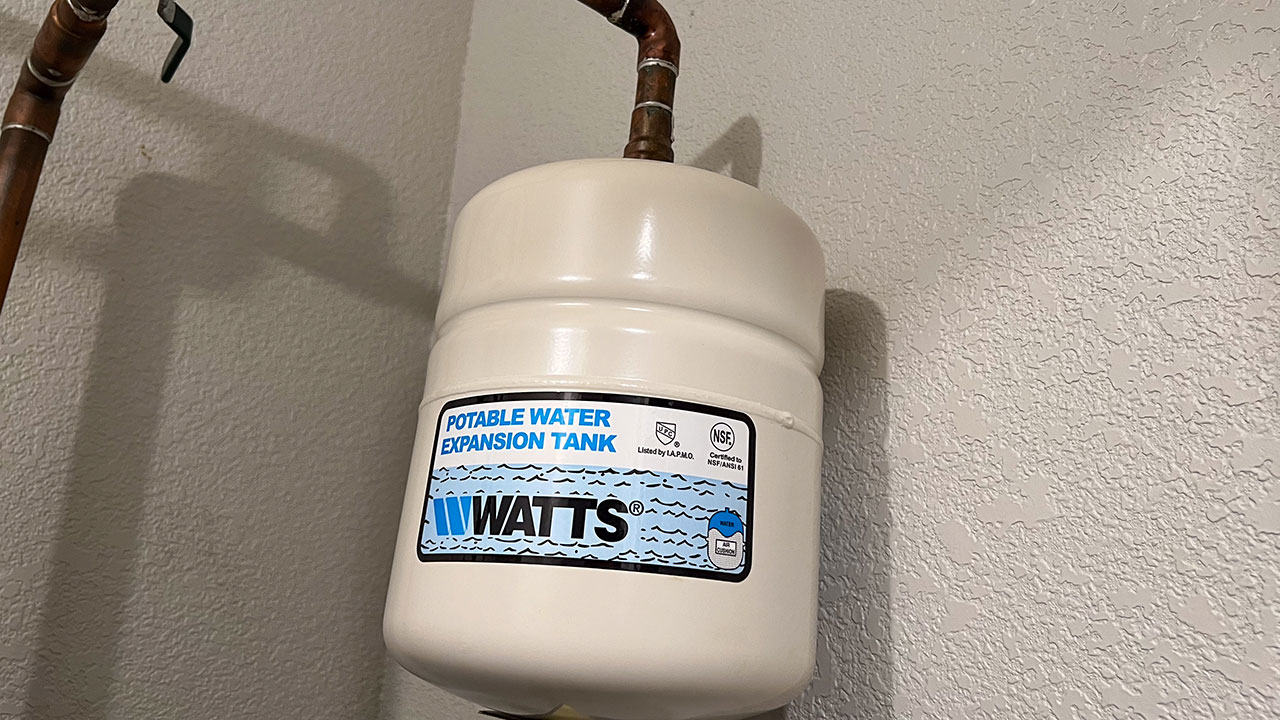
For homes with closed plumbing systems, pressure builds each time water heats up. Without an expansion tank, that pressure stresses the main water heater.
Installing or maintaining an expansion tank relieves that pressure and helps prevent tank failure.
Hard Water Damage
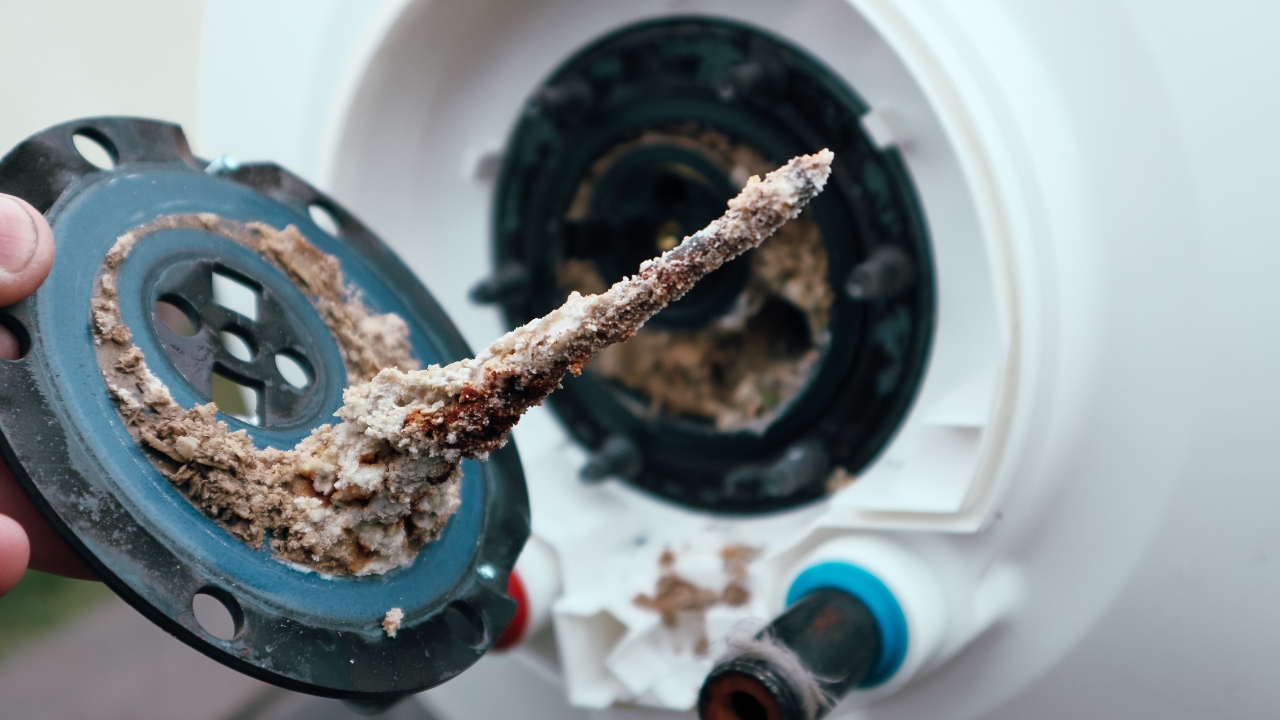
Mineral-heavy water eats away at components inside the tank. Heating elements, valves, and the tank lining all wear faster under hard water conditions.
Using a water softener or flushing more often helps fight the extra stress caused by hard water.
Skipping Routine Inspections
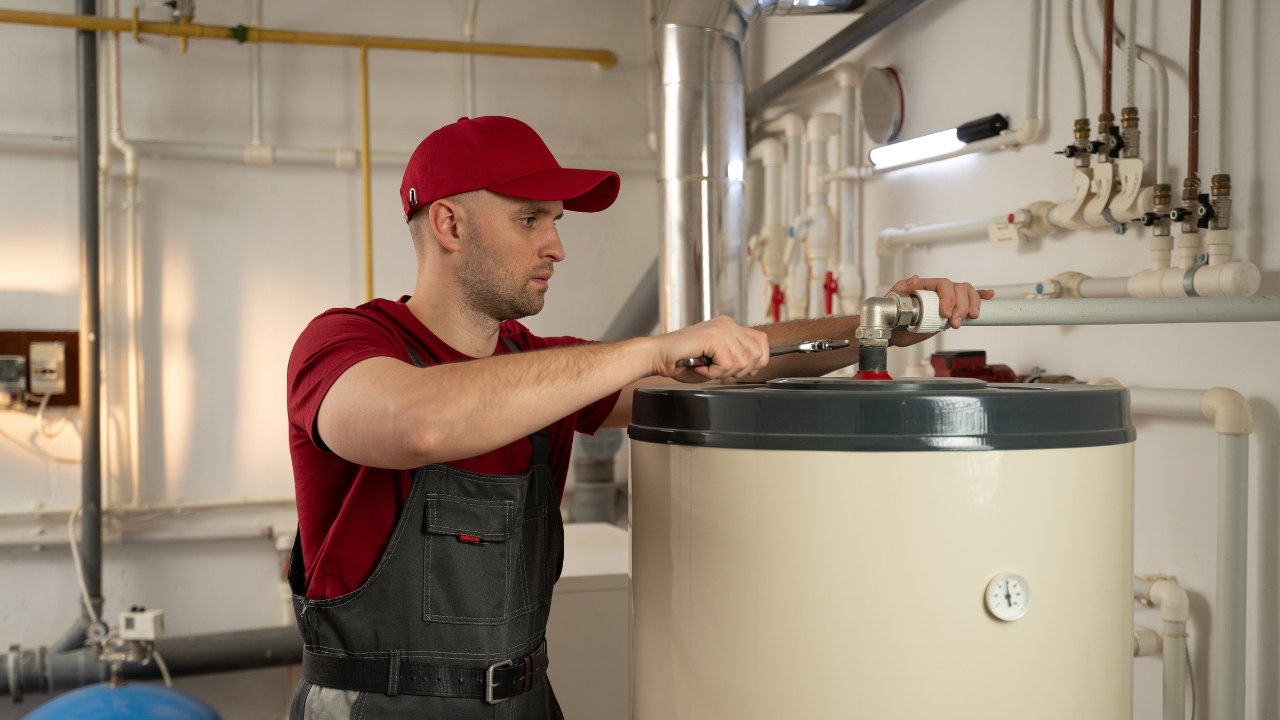
Water heaters often fail because no one checks them until they stop working. A quick yearly inspection can spot rust, loose connections, or valve issues before they escalate.
Catching these problems early extends the life of the unit and helps you avoid sudden cold showers—or worse, a flooded basement.
*This article was developed with AI-powered tools and has been carefully reviewed by our editors.

